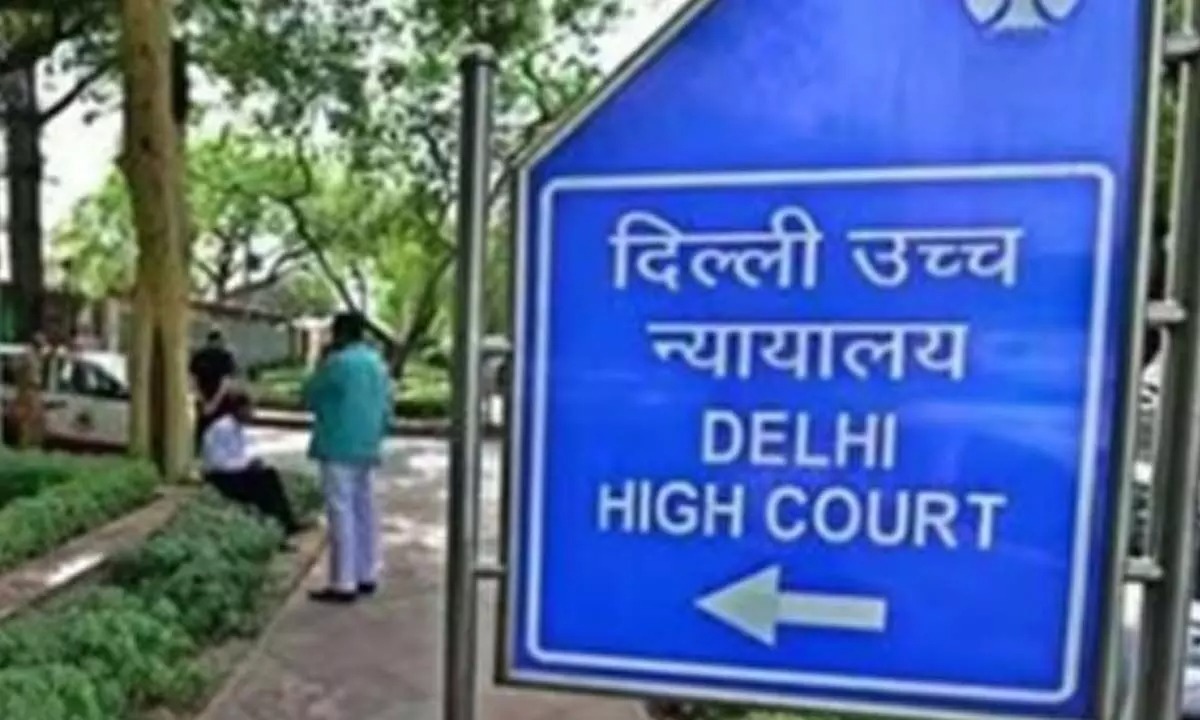@JUDGMENTTAG-ORDER
Subhash Samvatsar, J.
This petition is filed by the petitioners aggrieved by the order dated 30-6-2003 passed by 12th Additional District Judge (Fast Track Court), Gwalior in Case No. 42/2004 MJC.
The brief facts of the case are that the petitioners were owner of agricultural land bearing survey Nos. 295 and 297 having an area of 16 Bigha and 10 Bishva situated in Village Alapur, Pargana and District Gwalior. The said land was recorded in the name of father of the petitioners Gyasiram, who died during the pendency of the proceedings before the Land Acquisition Officer.
The Land Acquisition Officer passed an award in respect of the land owned by the petitioners as per Section 11 of the Land Acquisition Act on 21-7-1987. The said award was approved by the Competent Authority on 10-9-1987. The Land Acquisition Officer has awarded compensation in respect of the land owned by the petitioner at the rate of Rs. 2800/- per Bigha. The petitioners were not satisfied with the quantum of the award; hence, they filed an application for reference u/s 18 of the Act. On their application the matter was referred to District Court, Gwalior and the case was registered as MJC No. 42/2002.
The Reference Court after recording the evidence of the parties found that the award passed by the Land Acquisition Officer is an interim award and the Land Acquisition Officer has not assessed the compensation in respect of the crops and trees standing on the land acquired from the petitioners and therefore, the Court remanded the matter back to the Land Acquisition Officer for deciding the matter afresh.
This order is under challenge in this petition under Article 227 of the Constitution of India.
Shri N.K. Gupta, learned Counsel for the petitioners urged that the directions of remand passed by the Reference Court is totally without jurisdiction and therefore, the said direction cannot be sustained in the eyes of law.
The Counsel for the petitioners invited attention of this Court to Section 12 of the Land Acquisition Act, which provides that the award passed by the Land Acquisition Officer shall be final and conclusive evidence, as between the Collector and the person interested, whether they have respectively appeared before the Collector or not or the true area and value of land, and apportionment of the compensation amongst the persons interested. Sub-clause (2) provides the Collector shall immediate notice of his award to such persons interested as are not present personally or by their representatives when the award is made. Section 18 provides that any interested person who has not satisfied with the amount of compensation awarded by the Collector may move an application to the Collector for reference and the Collector shall refer the matter to the District Court for determination on the question whether measurement of the land, the amount of compensation, the person to whom it is payable, or apportionment of compensation amongst the interested person. After the reference the Collector is required to submit a statement before the Court as per Section 19 of the Land Acquisition Act. Section 20 provides service of notice. Section 21 provides scope of the proceedings. Section 22 provides that proceedings shall be taken in the open Court. Section 23 provides that matter should be considered for determination of compensation. Section 26 provides the order passed by the Reference Court, shall be deemed to be a decree of the Civil Court.
After referring these provisions the contention of learned Counsel for the petitioner is that these Sections nowhere empowers the District Court to remand the matter back to the Trial Court. As per the contention of learned Counsel for the petitioners, the powers to remand the matter back are vested in the Civil Court by virtue of Order 41 of CPC and Order 41 of CPC applies to appeals and provides for exercise of powers by the Appellate Court. The Reference Court is not an Appellate Court and therefore, Reference Court has no powers to remand the matter u/s 41 of the CPC. Section 53 of the Land Acquisition Act provides that the provisions of CPC to apply his proceedings before the Court so far as they are not inconsistent with the provisions of the Civil Procedure Code.
Though, even assuming that the provisions of CPC are applicable to the reference application pending before the Reference Court, the powers under Order 41 of CPC are not available, so that the Reference Court can remand the matter for determination of compensation. While Section 54 provides that appeal against the award passed by the District Court lays down with the Appellate Court, hearing the appeal against the award of the District Court, shall have all the powers provided in Civil Procedure Code.
After hearing parties and perusing the award I find that the Land Acquisition Officer has passed the award in respect of the land only, so that the claimants can get compensation without any delay. He has specifically mentioned that he is not passing award in respect of crops and trees standing on the land, as it will delay the matter of passing the award in respect of the land and therefore he reserved his rights to pass supplementary award in respect of the trees and the crops standing on the land.
Even otherwise if the District Court come to the conclusion that it was incumbent on the Land Acquisition Officer to pass award in respect of the trees and crops then he would have to be passed award for the trees and crops standing on the land as he has already recorded evidence on this point. Therefore, he has committed error in remanding the matter. Thus, I find that the District Court has committed error in treating the award as interim award.
Moreover, as per the provisions of law, discussed above the District Court has no power of remand while hearing the application u/s 18 of the Land Acquisition Act because it is a reference Court and not an Appellate Court.
Thus, the order impugned is totally without jurisdiction and cannot be sustained in the eyes of law. Hence, this petition is allowed, the impugned award is set aside; the District Court is directed to pass order on merits.
Petition stands allowed with the aforesaid.

